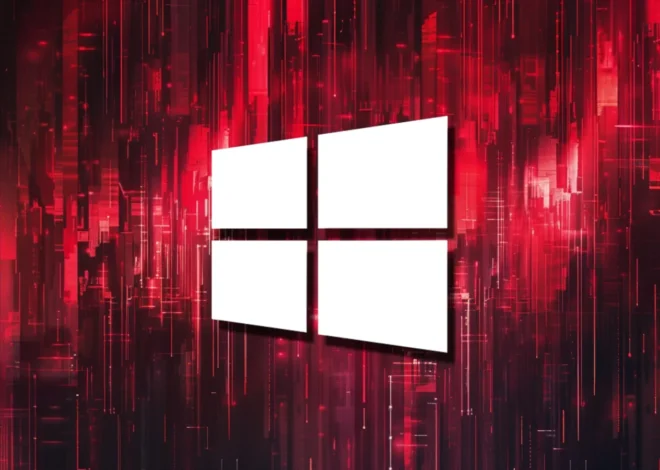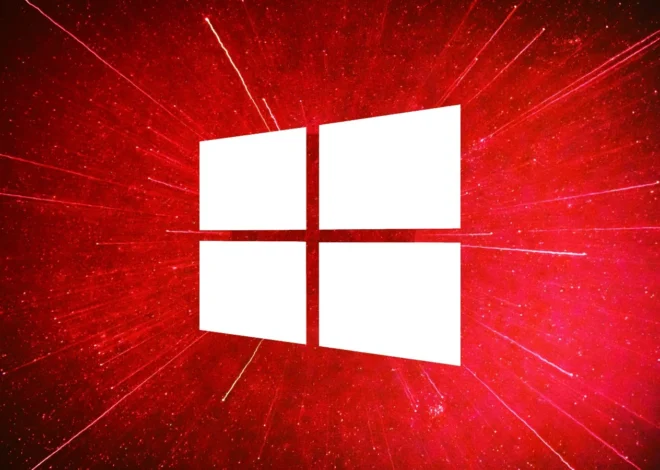Zero-Click
WhatsApp patched zero-click flaw exploited in Paragon spyware attacks
WhatsApp has patched a zero-click, zero-day vulnerability used to install Paragon’s Graphite spyware following reports from security researchers at the University of Toronto’s Citizen Lab. The company addressed the attack vector late last year “without the need for a client-side fix” and decided not to assign a CVE-ID after “reviewing the CVE guidelines published by […]
Cloudflare CDN flaw leaks user location data, even through secure chat apps
A security researcher discovered a flaw in Cloudflare’s content delivery network (CDN), which could expose a person’s general location by simply sending them an image on platforms like Signal and Discord. While the geo-locating capability of the attack is not precise enough for street-level tracking, it can provide enough data to infer what geographic region a […]
New Windows zero-day exposes NTLM credentials, gets unofficial patch
A new zero-day vulnerability has been discovered that allows attackers to capture NTLM credentials by simply tricking the target into viewing a malicious file in Windows Explorer. The flaw was discovered by the 0patch team, a platform that provides unofficial support for end-of-life Windows versions, and was reported to Microsoft. However, no official fix has been […]
Synology hurries out patches for zero-days exploited at Pwn2Own
Synology, a Taiwanese network-attached storage (NAS) appliance maker, patched two critical zero-days exploited during last week’s Pwn2Own hacking competition within days. Midnight Blue security researcher Rick de Jager found the critical zero-click vulnerabilities (tracked together as CVE-2024-10443 and dubbed RISK:STATION) in the company’s Synology Photos and BeePhotos for BeeStation software. As Synology explains in security advisories published two days after the […]
Zero-click Windows TCP/IP RCE impacts all systems with IPv6 enabled, patch now
Microsoft warned customers this Tuesday to patch a critical TCP/IP remote code execution (RCE) vulnerability with an increased likelihood of exploitation that impacts all Windows systems using IPv6, which is enabled by default. Found by Kunlun Lab’s XiaoWei and tracked as CVE-2024-38063, this security bug is caused by an Integer Underflow weakness, which attackers could exploit to trigger buffer overflows […]





